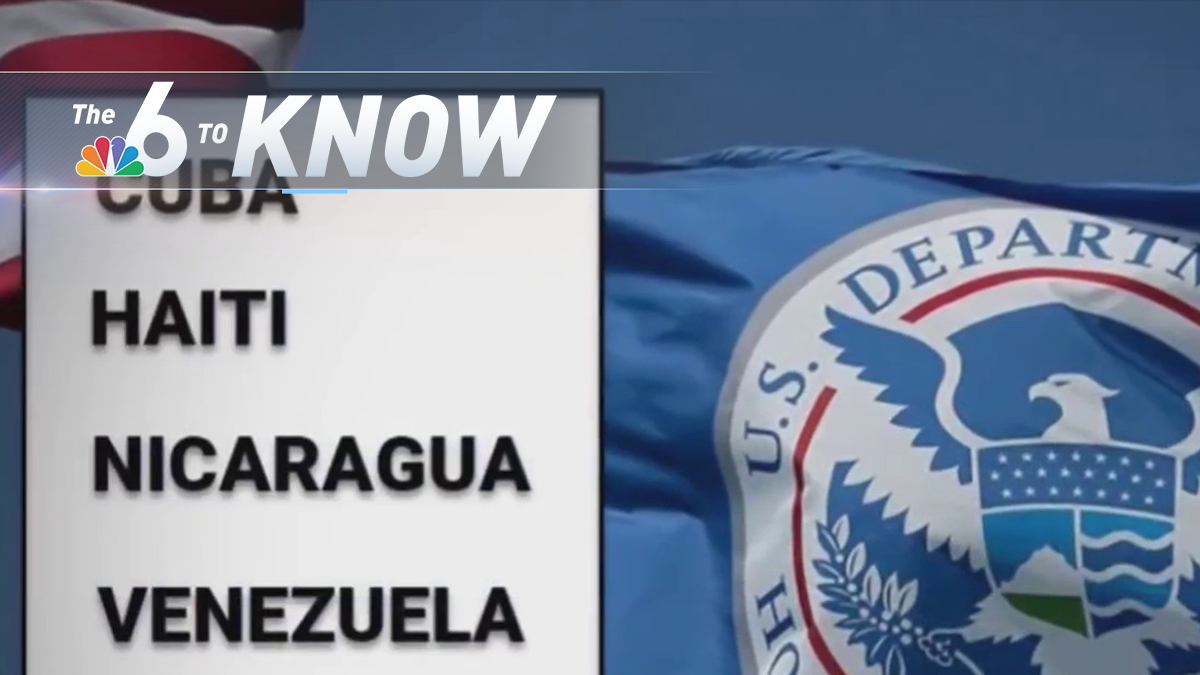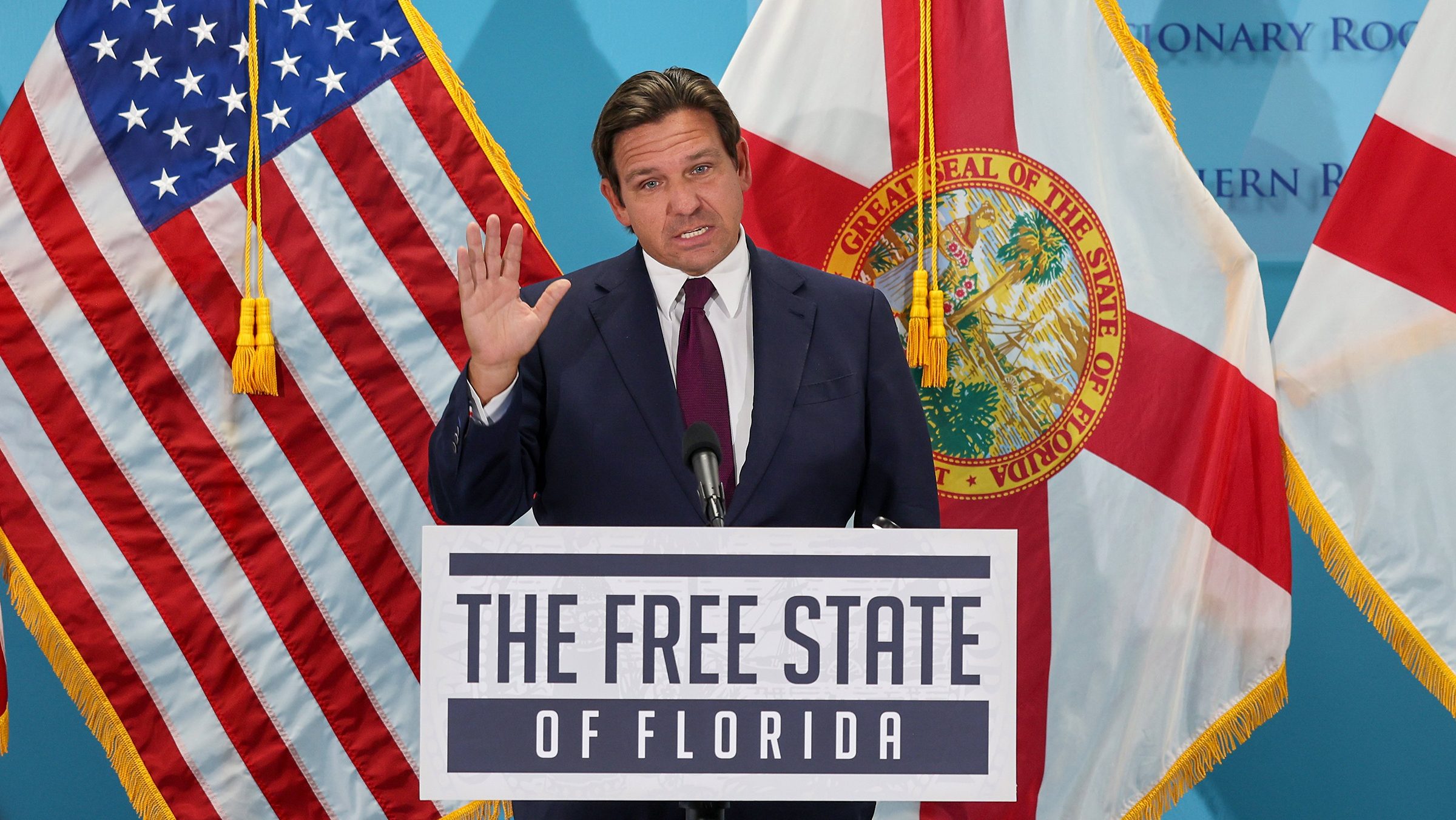A look at how Florida will handle distribution of a coronavirus vaccine.
If vaccines are approved, as expected, later this month by the Food and Drug Administration, the plan is to get the first doses out to the states within 24 hours.
And while the hope is to have every American vaccinated by the end of next June, plenty is still not known about who will get the shots first.
Gov. Ron DeSantis, who has final say in Florida, Wednesday announced more details of his priorities, which largely follow the Centers for Disease Control and Prevention.
The CDC recommends healthcare workers and residents of long-term care facilitates get the first shots.
DeSantis said Florida's "top priority will be our residents of our long-term care facilities. They are at the greatest risk and this vaccine could have a tremendously positive impact on them."
Next, he said, would be "health care workers who are in high risk and high contact environments."
Then, "to the extent we have enough, we want to start getting it out into the broader, 65 and over community, as well as those who have significant comorbidities," DeSantis said.
Local
Nationwide, there are 24 million healthcare workers and long-term care residents and employees, more than can be vaccinated with all the doses that may be shipped nationwide into January.
"But then what happens beyond that is where we want to get the messaging out to all Americans," said Army Gen. Gustave Perna, head of operations for Operation Warp Speed, the government effort to help develop and distribute a vaccine.
The message is, if the FDA approves a vaccine, people can be confident it is safe and effective.
Healthcare workers, first in line for the shots, likely will know that. But nursing home residents, essential workers, first responders, people over 65 and others are offered vaccines as more become available.
"If they get vaccinated in April, May and June, and really do a full court press to get everybody vaccinated, you can get back to normal or at least approaching close to normal as you get into the late summer and early fall," said Dr. Anthony Fauci, head of infectious diseases as the National Institutes of Health.
But Perna and others stressed Wednesday that enough people need to take the vaccine for there to be community immunity.
"As we go forward, a vaccine is only good as it being administered to the American people," Perna said.
The latest polls show 58 percent of Americans say they’re likely to get the vaccine, but that still leaves 42 percent who say they won‘t get it, and experts say that won't be enough to stamp out the virus.
"So it's really going to be up to us as a community to realize that getting vaccinated is going to be the gateway to getting out of this dilemma that we are in," said Fauci.



